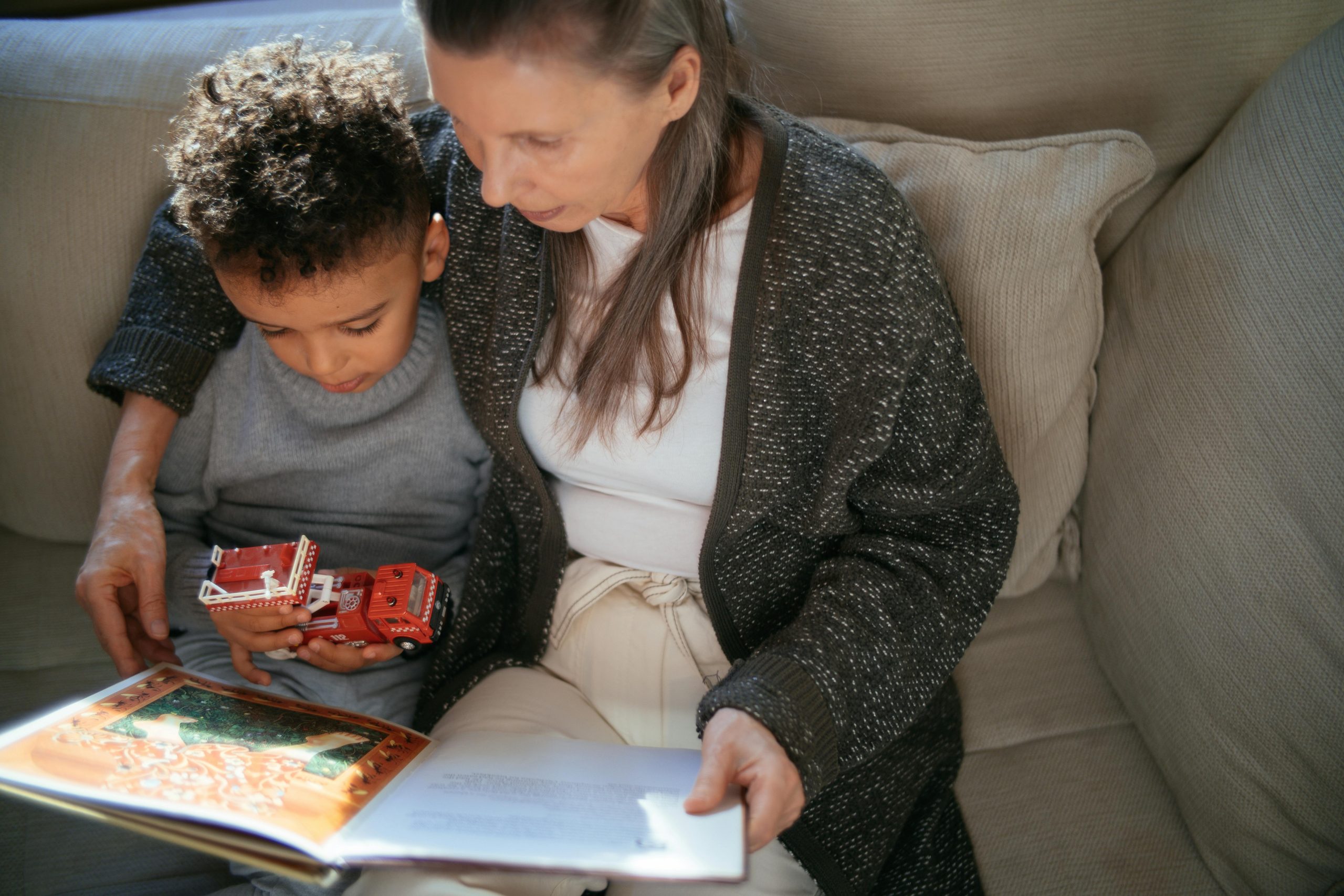Navigating Legal Challenges: When Your Creative Work Is Misused
In the realm of storytelling, creativity is often cherished, but what happens when that creativity is misappropriated? A unique situation has arisen that sheds light on the complexities of copyright and ownership, particularly when it involves a child’s unexpected involvement.
A writer from England has reached out for insights on a troubling predicament regarding a short story they penned 17 years ago. This individual shared their experience, seeking advice on how to navigate an unexpected legal threat stemming from their artistic work.
The Background
Seventeen years ago, our author composed a short story and shared it on their LiveJournal account. The original manuscript, including its handwritten notes, still exists as a testament to their creative process. Fast forward to two years ago, when a young student discovered this story and showcased it in a school contest. To the amazement of our writer, the story won the competition—until allegations emerged that it had been plagiarized. Consequently, the child was disqualified and another student was awarded the prize.
The Unexpected Fallout
While the author was blissfully unaware of these events, the parents of the child who initially won the contest have now shifted their focus onto our writer. They claim that the lack of intervention by the author has severely impeded their child’s future prospects. Even more strangely, they demand a public admission from the author that their child somehow authored the story—written a full eight years before the child’s birth.
In their quest for resolution, the parents have threatened legal action. Unfortunately, communication with their solicitor has proven unproductive, characterized by a lack of listening and understanding of the situation.
What Should Be Considered?
As our writer grapples with the possibility of litigation, it’s crucial to consider several key factors:
-
Documentation: Maintaining clear records of all communications and the original materials related to the story will serve as essential evidence.
-
Legal Counsel: Engaging a knowledgeable solicitor who specializes in copyright law can provide clarity and direction. It’s vital to find someone who can effectively advocate for your rights.
-
Public Perception: As the situation unfolds, be mindful of how public statements may be perceived. Consider consulting a public relations expert if the matter escalates.
-
Emotional Impact: Legal battles can be mentally taxing. Ensure you have support systems in place, whether through friends, family, or professional networks.
-
**Future Cre

No Responses